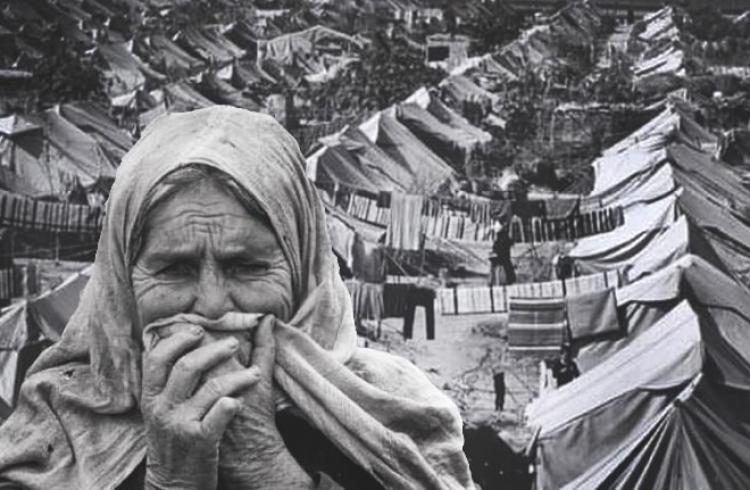Haaretz – Family of Liberation
Yesterday, 15 May, was the anniversary of Al-Nakba Day. For Israel's security and political leadership forums, it is another day. In the Shuha calendar, it is referred to as a "riot day" - such as Earth Day, Eid al-Fitr, Ramadan and the events of October 2000", in which 12 Israeli Arab citizens were killed.
Just a few days ago, the security forces entered a motivated state of alert, while the leaders and politicians are discussing calm and the Israeli media is trying to predict how and where the disturbances will break out. When such a day passes quietly, like Nakba Day yesterday (except for the arrest of three Arab students at the demonstration at the University of Tel Aviv), breathing a sigh of relief takes off, as if Israel survived the last minute of extermination.
Nakba Day never threatened the existence of Israel, but it has always seen the term which means "catastrophe" in Arabic - a destructive rocket directed towards the land of its legitimacy as an independent State that it is responsible for the catastrophe and suffering of Arabs in the war of independence. Over the decades, Israel has made tireless efforts to conceal the Nakba term, prevent the education of the Palestinian narrative, and prohibit the use of the Nakba in education books. Although the Government has later allowed the Palestinian narrative to be taught, it has decided in the explicit law called the "Nakba Law" of 2011 to impose penalties on any object or organization that receives government support if it commemorates the Independence Day or State Day as a day of mourning.
For more than 20% of Palestine's citizens, memory; suffering; asylum and a sense of deep injustice are integral to their national and cultural identity. Their condolences are not related to a government permission to use the term "Nakba". Those citizens, who are involved in nation-building, ask the State to recognize their plight and to acquire for themselves at least an appropriate area in history and in the common memory of the peoples.
Recognizing Al-Nakba and acknowledging the Palestinian narrative is not only a good sign of human sentiment towards the people affected by the war; it is vital to a full understanding of Israel's composite history. The equality of rights that Israel has gradually boasted can not only find its expression in budgets or in political participation, but also presupposes respect and recognition of history and minority memory. This is the test of Israel's national maturity.

